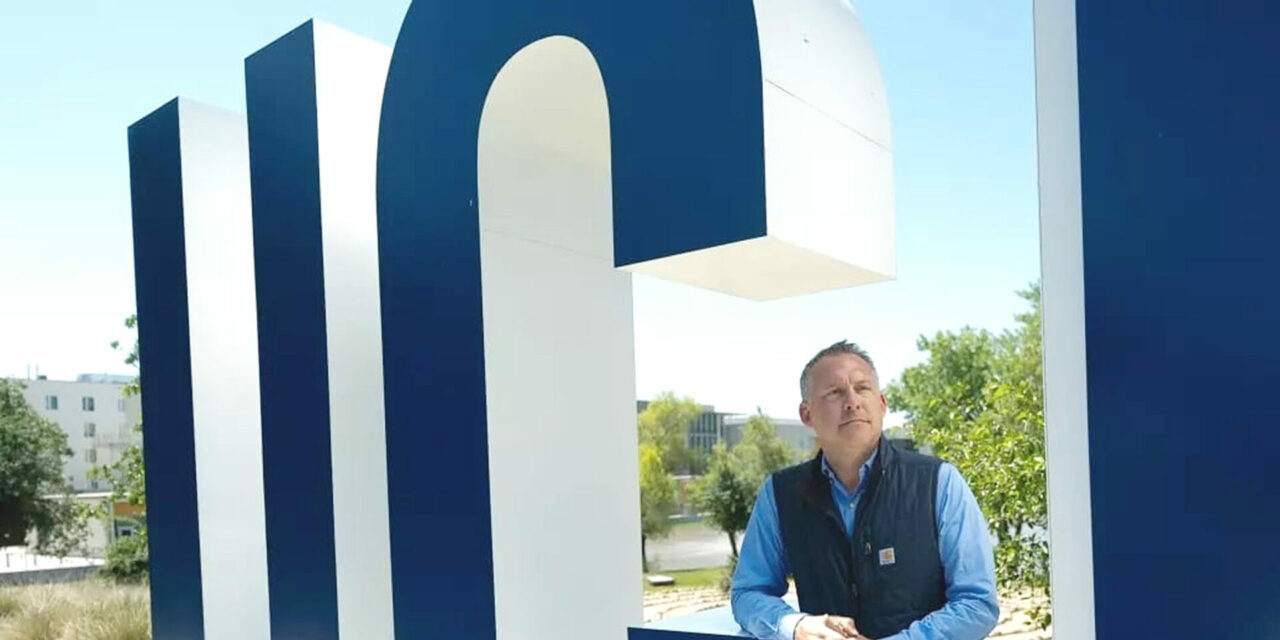The misleading and misguided op-ed “UC Merced turns 20 years old yet remains California’s awkward stepchild” details a recent report from Sacramento that paints UC Merced as the black sheep of the UC system, lacking in economic impact and demanding of too much aid.
But what Sacramento bureaucrats and a CalMatters columnist presented as a tale of disappointment is actually a remarkable story of resilience, strategic innovation, and transformative potential for California’s often-overlooked San Joaquin Valley.
Start with actual educational impact. Nowhere is it more evident or profound than in UC Merced’s groundbreaking approach to enrollment. The campus isn’t some “statistical outlier,” it’s a demographic revolution. UC Merced stands as the most diverse campus in the UC system, with more than 60% of its students the first in their families to attend college. Despite serving students from predominantly disadvantaged backgrounds, the Wall Street Journal found there is no better school in the entire country for improving social mobility.
The American Dream is alive and well at UC Merced.
Before decrying the campus’s cost, let’s put the state’s investment into perspective. UC Merced opened just before the 2008 financial crisis, which led to slower growth and years of underinvestment by the state – thanks in part to legislative budget cuts. Then, when the campus was just about to reach its enrollment targets, COVID-19 hit, eroding college admissions across the nation. Some say that to even approach its enrollment targets under those conditions is a testament to the grit and determination that is a hallmark of our Valley.
The entire annual budget for UC Merced is less than what California spends on a single interchange on Highway 99. For a premium of just $85 million annually, we’ve created an engine of social mobility that generates exponentially more value. The campus is an unparalleled catalyst for economic growth in one of the poorest regions in the state. UC Merced represents an unmatched and extraordinary return on investment.
The Sacramento-based writer dismissively called Merced “the middle of nowhere.” But that’s precisely the point. UC Merced represents a bold reimagining of higher education – not as an ivory tower, but as a dynamic organization creating opportunity in communities that have been systematically left behind.
UC Merced wasn’t just placed in Merced; it was integrated into the heart of the community. In less than two decades, the campus has become a research powerhouse in climate adaptation, water resources, and agricultural technology – critical fields in which the San Joaquin Valley will provide leadership for our state and nation.
The campus didn’t meet every initial projection. But what matters is impact – thousands of students now have access to groundbreaking research, brilliant professors and the opportunity to confront our most pressing challenges while creating a model of sustainable, inclusive higher education.
UC Merced isn’t the UC system’s stepchild. It is the UC system’s most audacious experiment – and its most promising offspring. It’s a testament to the idea that educational opportunity isn’t about perfection, but about persistent, transformative potential.
Oh, and keep in mind that the government analysts in Sacramento who prompted this story are the same bureaucrats who proposed closing the state’s $30 billion deficit by removing the $15 million that the state spends to support UC Merced’s medical school. If they continue to insist on undermining one of the Valley’s premier economic and educational institutions, then the next time they need a budget to cut, we suggest they start with their own.
Congressman-elect Adam Gray represents the 13th Congressional District, which includes all of Merced County and portions of Stanislaus, Madera, Fresno, and San Joaquin counties. He served 10 years as a member of the State Assembly and teaches political science classes at UC Merced.




